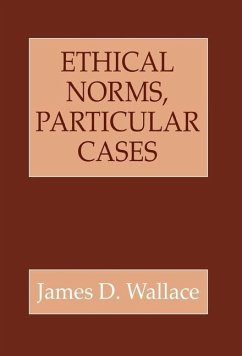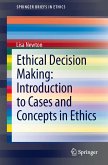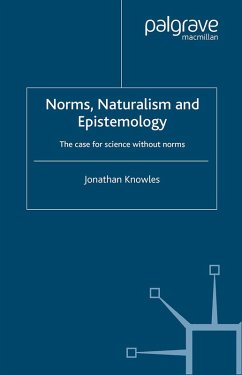James D. Wallace treats moral considerations as beliefs about the right and wrong ways of doing things-beliefs whose source and authority are the same as any other kind of practical knowledge. Principles, rules, and norms arise from people's cumulative experience in pursuing their purposes and struggling with the problems they encounter. Moral knowledge, he contends, is excerpted from the bodies of information we have developed so that we will be able to raise our children, govern our communities, build our buildings, heal our ailments, and pursue the many other activities that constitute our lives. According to Wallace, understanding moral norms is a matter of understanding how they, together with the other pertinent items of practical knowledge, guide our complex activities. The more we abstract a moral principle from the concrete contexts in which it operates, Wallace argues, the less intelligible the principle becomes. Wallace's suggestion that difficult moral problems are properly resolved by attending to their context rejects Plato's thesis that immutable, timeless, universal values exist. He illustrates the process of extracting resolutions for moral dilemmas from the practical knowledge involved in concrete problems of law, medicine, and scientific research. Unprecedented problems sometimes evoke disagreement and uncertainty, prompting Wallace to consider controversies in areas as diverse as chess, commerce, and slavery. The final issue Wallace explores is the abortion problem, reasoned from the particularist perspective he advocates.
Dieser Download kann aus rechtlichen Gründen nur mit Rechnungsadresse in A, D ausgeliefert werden.









